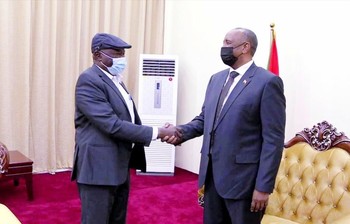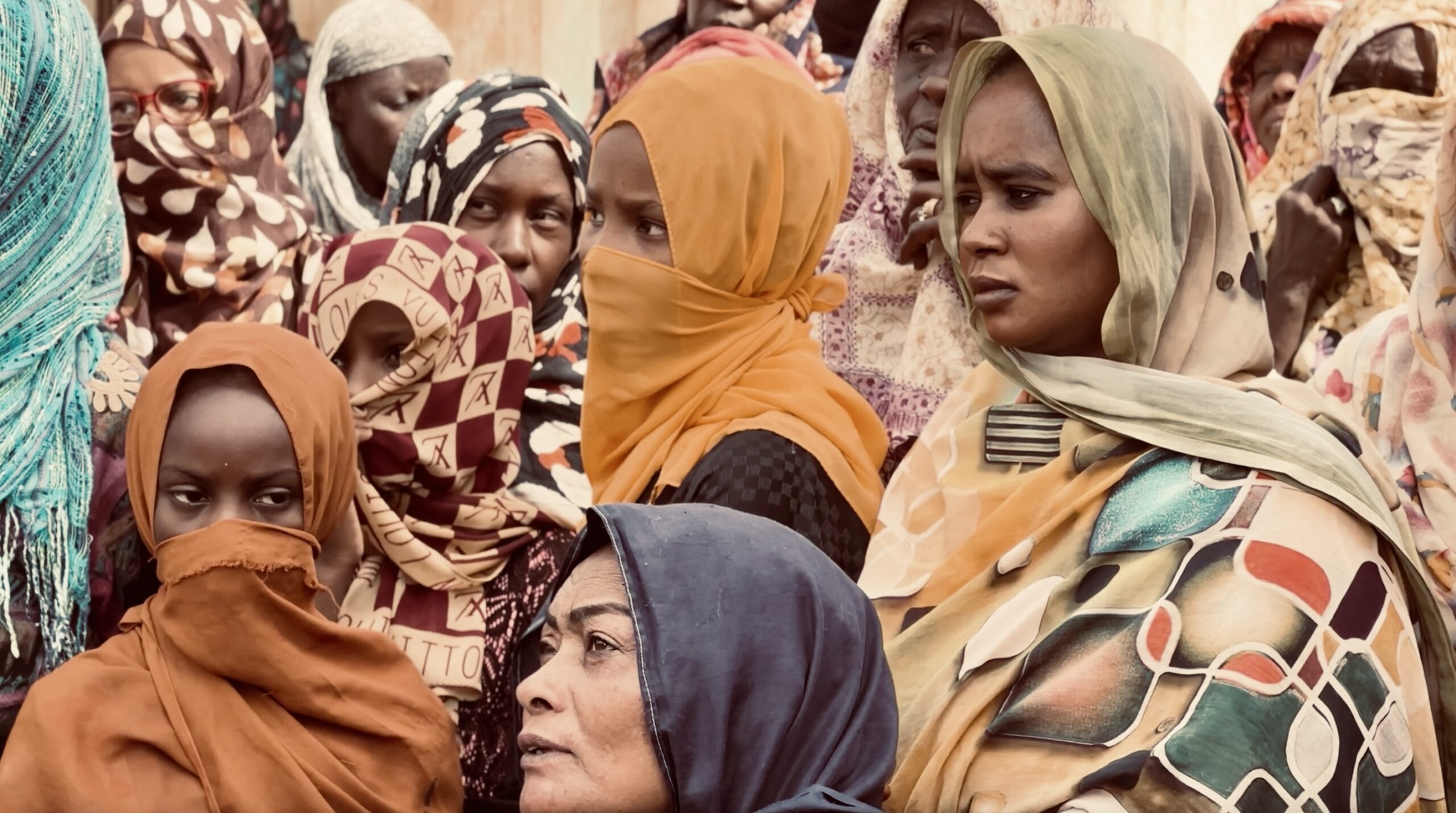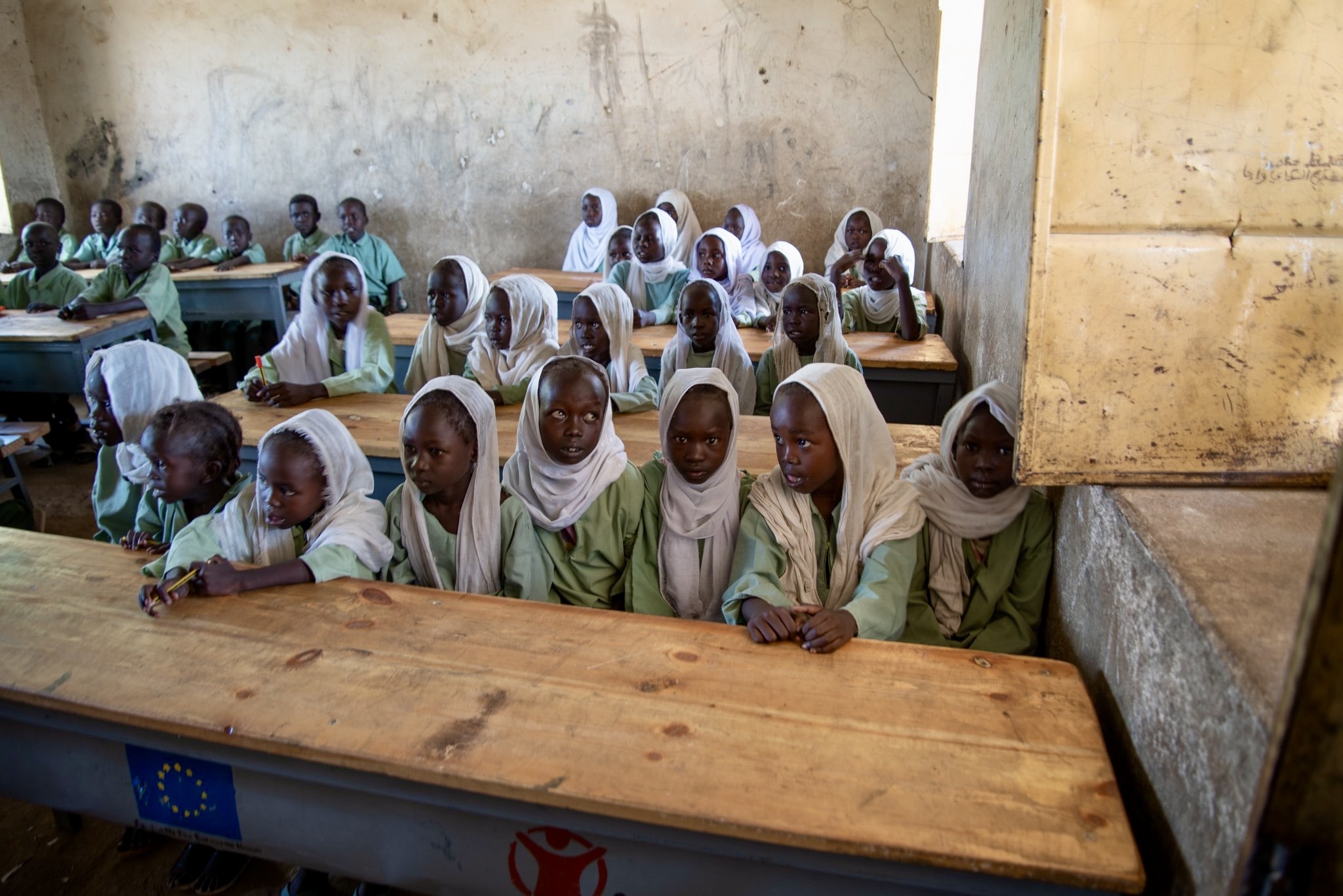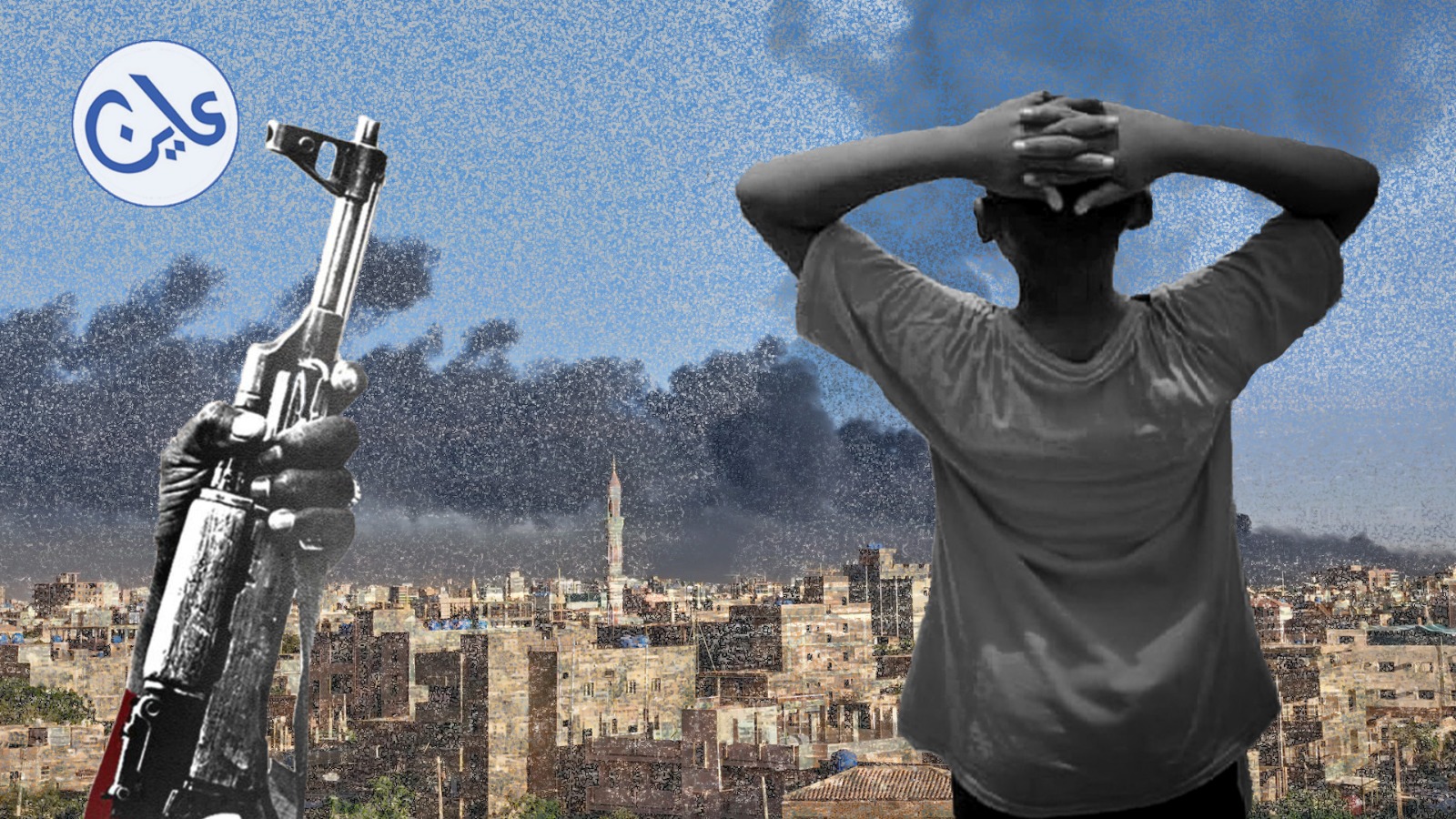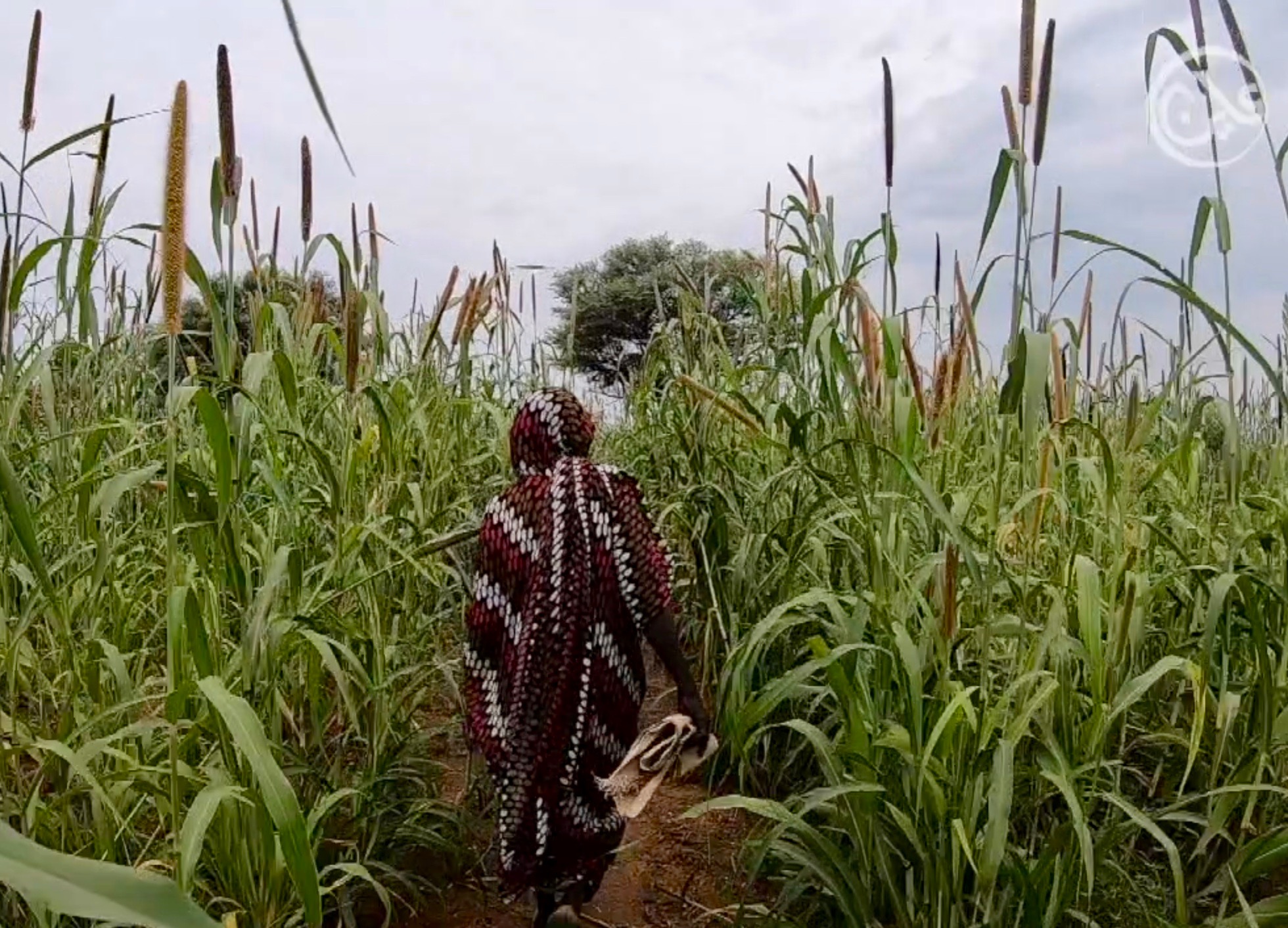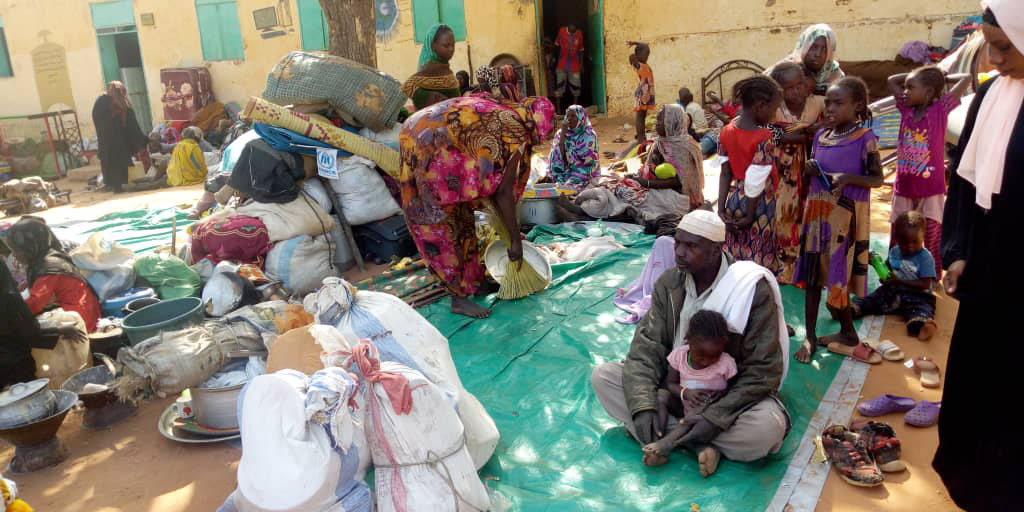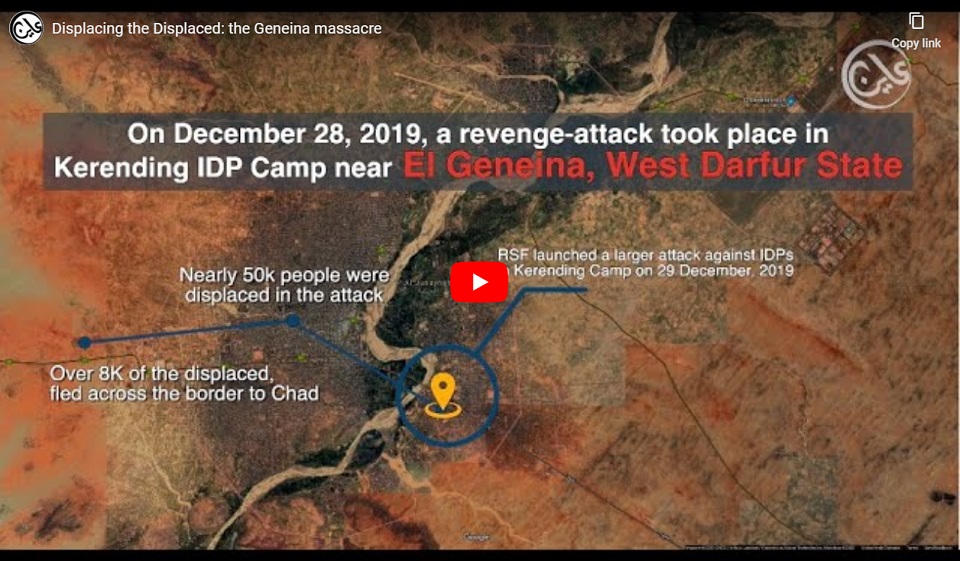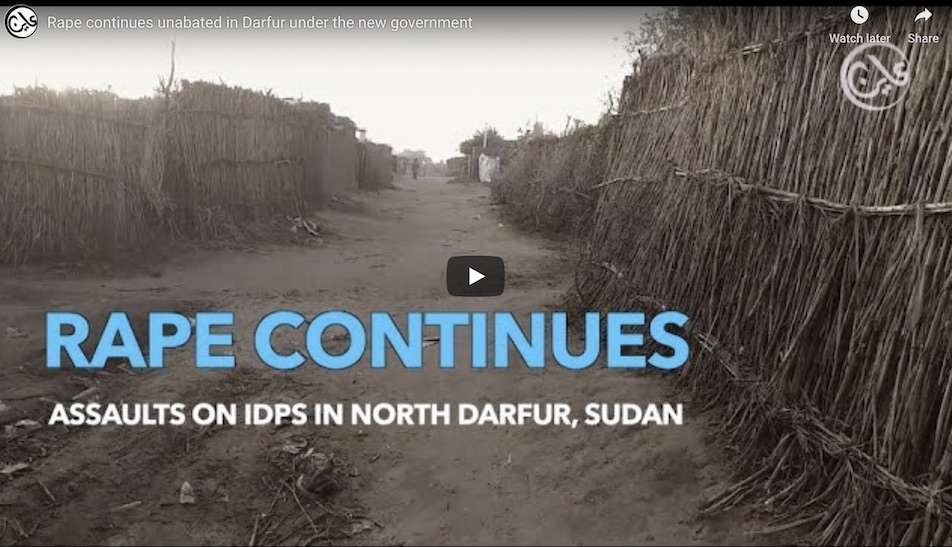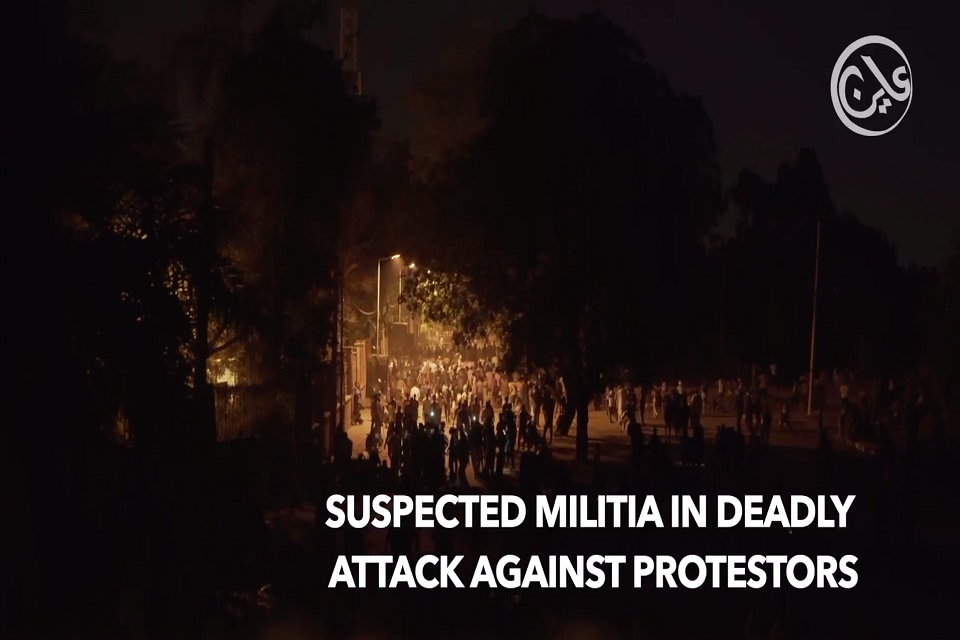Impending peace: Sudan government and SPLM-N on track to reach secularism agreement
24 June 2021
While the peace talks between the rebel Sudan People’s Liberation Movement-North and the government have not concluded, the former remains confident their demand for a secular state will come to fruition.
Abdelaziz al-Hilu, chairman of the Sudan People’s Liberation Movement-North (SPLM-N), believes a peace agreement will finally be reached in the near future. Hilu, who commands the largest rebel group against the Sudanese government and claims control over 70% of South Kordofan and Blue Nile States, refused in October 2020 to join the former Juba peace agreement with other rebel groups –citing the SPLM-N’s demands for secularism as a strict condition for participation.
The Head of the Sovereign Council, Lt.-Gen. Abdel Fattah al-Burhan ratified this demand on 28 March by signing a “Declaration of Principles” that agrees to, among other areas, “a civil, democratic, federal state in Sudan, wherein, the freedom of religion, the freedom of belief and religious practices and worship shall be guaranteed to all Sudanese people by separating the identities of culture, region, ethnicity and religion from the State.”
Two months later, the first sequence of three-week talks was held in Juba to implement this text. As the first round of talks ended on 15 June, South Sudanese mediation leader Tut Gatluak claimed the two parties found common ground on 15 of the 19 points discussed.
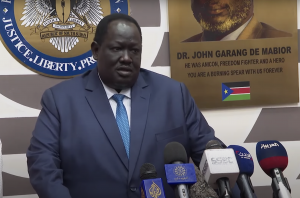
Place secularism above the constitution
“The next session will lead to a comprehensive peace agreement,” Gatluak assured the public in a statement. The main blockage concerns the form this secularism will take. The SPLM-N now requires that separating religion from the state be considered a supra-constitutional principle, a concept that supersedes the constitution. If the principle is violated, the SPLM-N says, the public has the right to self-determination, a stipulation that worries the government, ten years after South Sudan’s independence. This concern is especially acute after Burhan declared a constitutional decree earlier this week granting both South Kordofan and Blue Nile States the right to autonomy.
Gamal Goraish, charge d’affaires of the Sudanese embassy in Juba and part of the government delegation, however, says the current negotiations must adhere to what was agreed upon in March, in which there is no mention of supra- constitutionality. The diplomat expressed his optimism to achieve a peace agreement, recalling that the government delegation “came [to Juba] to sign the peace agreement,” and welcomes the fact that “mutual trust has now started to be established.”
“The government is facing an ultimatum”
The same hope is displayed on the side of the SPLM-N, which sees no alternative for the future of Sudan but peace. The head of the rebel delegation, Amar Amoun, believes the government is facing a myriad of problems and needs to unite the country to address them. “The government is facing a lot of economic pressures. Its mismanagement has repercussions on the daily life of the population who, faced with the difficulties they encounter, take to the streets and demand the downfall of the current leaders,” Amour told Ayin. “Moreover, the security situation is deteriorating throughout the country with an upsurge in tribal conflicts –whether in Darfur or in the East– despite the signing of the Juba agreement. All of these factors encourage the government to unite a national front and sign the agreement,” he summarised.
At the same time, the SPLM-N Secretary-General Amoun fears the government delegation led by Lt.-Gen. Shamseldin Kabbashi, a member of the Sovereign Council, is trying to be satisfied with “minimum concessions” and warns the rebels could reject their deal and vie for separation. “We call the areas we control ‘the new Sudan’. We have established there a civil government, a judicial system, a police force, localities, commissions, delegates… all the institutions are in place. We can declare our independence at any time,” Amoun claims.
To avoid this scenario, Amoun says fundamental changes to ensure religion is clearly distinct from the state must be achieved. “Our people have paid the price for the unity of Sudan over all these years. It has come to the point where these sacrifices must be justified. The only way we cannot secede is for the government to agree to remove all laws based on religion. And this, not only on paper but in practice,” he told Ayin. The rebel movement insists on establishing Wednesday as the weekend day instead of Friday to remove “religious connotation,” while the government delegation remains skeptical. “They asked us what our new religion was!” Amoun laughs, inflexible to the fact this decision must, at the very least, be applied to the capital of Sudan.
“Our people have paid the price for the unity of Sudan over all these years. It has come to the point where these sacrifices must be justified. The only way we cannot secede is for the government to agree to remove all laws based on religion. And this, not only on paper but in practice”
—SPLM-N Secretary General, Amar Amoun
A week before the end of the last round of talks in Juba, Chairman al-Hilu said that “to do justice, there must be no discrimination based on religion.” While conceding that most Sudanese are Muslims and attend prayers at the mosque on Fridays, the 60-year-old rebel leader believes this does not mean that Fridays should naturally constitute a holiday. “In the Quran, it is not written that Friday should be a weekend or vacation day,” al-Hilu told Ayin, a Muslim himself. “But only when the noon prayer is called, Muslims must stop their activities to go to pray, then resume them afterward. The break should only last an hour.” He also believes, moreover, that the serious economic situation of Sudan does not for the moment allow its citizens to be unemployed two days a week.
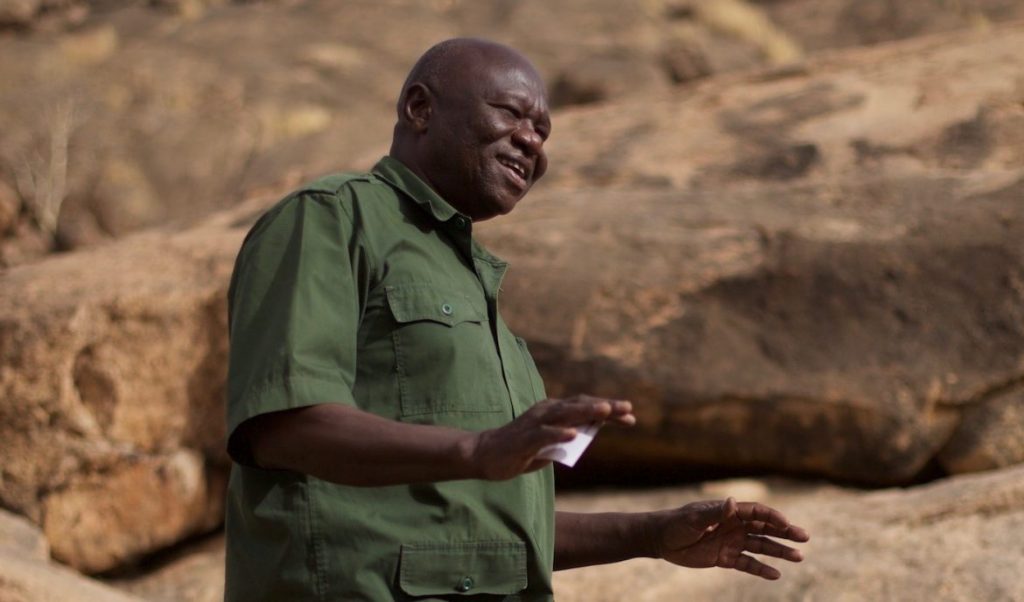
A new period of transition
Both sides of the negotiations have agreed to allow a pre-transition period to provide the SPLM-N time to prepare its forces to integrate into the national army, as well as set up mechanisms to help this military transition. The duration of this pre-transitional period will be established during the second round of talks to take place either later this month or in July latest.
By the end of the first phase of the transitional period, Amoun says, legislative and presidential elections will be held. The government and SPLM-N also agreed to discuss the seven protocols raised by the rebel movement that highlight reforms in key sectors such as the economy and security once they agree on a roadmap to carry out the agreements.
Even though the peace agreement appears to be on track, observers cannot help but express reservations about its realization. “Government officials are going to sign the agreement because they have no other option. They want to integrate the opposition forces to increase their power,” says South Sudanese journalist Mabior Cherailo. “However, the military branch is trying to control everything. The implementation of the agreement will therefore depend on their intentions,” Cherailo says, who followed the first session of peace negotiations on a daily basis. Whatever the outcome, Sudanese should expect to see al-Hilu’s name more prominently within the capital, sources say, as the rebel leader is expected to either join the Sovereign Council or the Prime Minister’s office.




